Simulating the Past, Present and Future Using Agent-Based Models
Abstract
Humans are fundamentally social creatures, we live in families, work in teams and our norms of formed from thousands of years of social interaction. What if, along that timeline, something different happened? Well, that’s where Agent-Based Modelling and, more specifically, Agent-Based Social Simulation comes into play. By asking counterfactual “what-if” questions, we can simulate, using socially interacting agents, “what would’ve happened” and “what will happen”. The overall goal of such endeavours being to understand the underlying conditions that give rise to these complex social phenomena and how policies affect them.
In this presentation, we will cover what Agent-Based Social Simulation is, how it is different to standard optimisation tasks and the role Machine Learning and AI plays in these systems. We will also go over the history of Agent-Based Social Simulation and illustrate some of new and exciting fields that are using it such as Epidemiology, Disaster Management and Computational Archaeology. Lastly, we will take a look at some recent developments in the field and try to predict what will happen next.
SPEAKER
Brandon Gower-Winter is a PhD Candidate at the University of Cape Town. His research is primarily concerned with the creation and applications of adaptive agent-based systems for both optimisation tasks and the simulation of complex social phenomena. For his Masters, he investigated the applicability of using Machine Learning techniques as adaptive-mechanisms to aid in simulating the emergence of the Ancient Egyptian State during the Predynastic period. An endeavour which produced research artefacts published to several conferences including GECCO and SSCI. Currently, Brandon’s work is focused on using adaptive-systems to minimise the effects of concept drift on malware detection tasks. Brandon has also served as a student lecturer, having taught Machine Learning and C++ to third-year Computer Science students and student groups such as the IEEE Student Society and FruitPunch AI.
DATE
31 May 2023